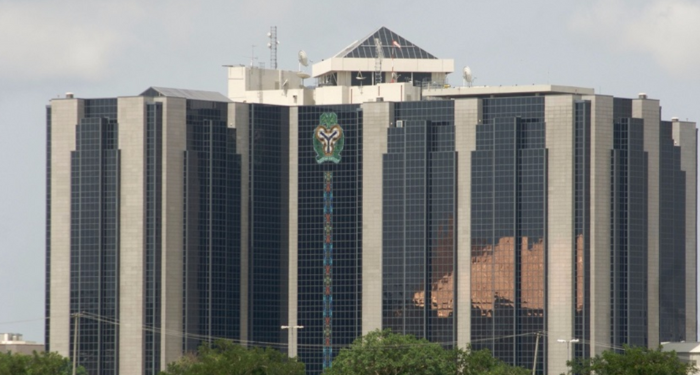Nigeria’s money supply (M3) surged to a new peak of N96.97 trillion in April 2024, reflecting a significant recovery from the previous decline recorded in March.
This growth comes in the face of the Monetary Policy Committee’s (MPC) stringent measures aimed at controlling inflation.
The latest money and credit statistics data from the Central Bank of Nigeria (CBN) reveals a month-on-month (M-o-M) increase of 5% from N92.34 trillion the previous month and a year-on-year (Y-o-Y) growth of 73% from N56.05 trillion in the same month of the previous year.
Aside from March 2024 when there was a marginal M-o-M decline of 3% from a record N93.9 trillion in February, M3 has been on a steady rise, defying CBN’s tightening monetary policy efforts.
The figure recorded in April exceeded the previous high recorded in February before the slight decline in March.
M3 encompasses both net foreign assets and net domestic assets, painting a holistic picture of the nation’s monetary dynamics.
It is also M1 plus CBN bills, while M2 represents currency outside banks plus demand deposits and quasi-money (investments).
Despite the MPC’s tightening stance, which typically aims to curb excess liquidity in the economy to control inflation, the money supply has shown resilience.
The consistent increase in M3 suggests underlying factors driving liquidity growth, potentially including government spending.
During the MPC meeting held in March this year, Olayemi Cardoso, Governor of the CBN, said that government purchases of palliatives are a contributing factor to rising food prices in Nigeria.
Cardoso stressed the importance of combining monetary policy with fiscal measures and structural reforms, especially in agriculture, electricity, and energy sectors. These steps are crucial for long-term investment and sustainable economic growth in Nigeria.
What you should know
Emem Usoro, CBN’s Deputy Governor, Operations Directorate, in her personal statement at the MPC meeting in January 2024 noted that: “Notably, broad money and inflation have moved almost in tandem as broad money supply (M3) expanded by 18.25% at the end of January 2024. This growth was ascribed to a rise in other deposits, transferable deposits, and securities other than shares, by 26.55%, 4.73%, and 99.98%, respectively.
“From the asset side, Net Domestic Asset (NDA) contributed significantly to broad money growth while Net Foreign Asset (NFA) subdued growth in broad money. The steady rise in inflation has resulted in negative real interest rates.”
She also said that inflationary pressures may persist in the near term partly due to several factors, such as the lingering impact of PMS adjustments, import costs, exchange rate passthrough, and growth in money supply.
The rise in money supply typically indicates increased liquidity in the financial system, which can stimulate economic growth.
With more money circulating in the economy, businesses may find it easier to access credit for expansion and investment.
This can lead to higher production, job creation, and overall economic development.
Additionally, the increase in money supply can boost consumer spending, driving demand for goods and services and encouraging further economic activity.
However, a significant increase in money supply also has the potential to fuel inflation. When more money chases the same amount of goods and services, prices tend to rise.
Nigeria, which has been grappling with inflationary pressures, may see a further increase in inflation rates if the growth in money supply is not matched by a corresponding increase in production.
This can erode purchasing power and impact the cost of living, particularly for lower-income households.
The rise in money supply despite the MPC’s tightening measures highlights the complexities of monetary policy management.
The MPC’s tightening stance is typically aimed at reducing liquidity to control inflation.
However, the current trend suggests that other factors, such as increased government spending are contributing to the growth in the money supply.
This scenario may prompt the MPC to reassess its strategies and potentially adopt more stringent measures to curb inflation without stifling economic growth.






















